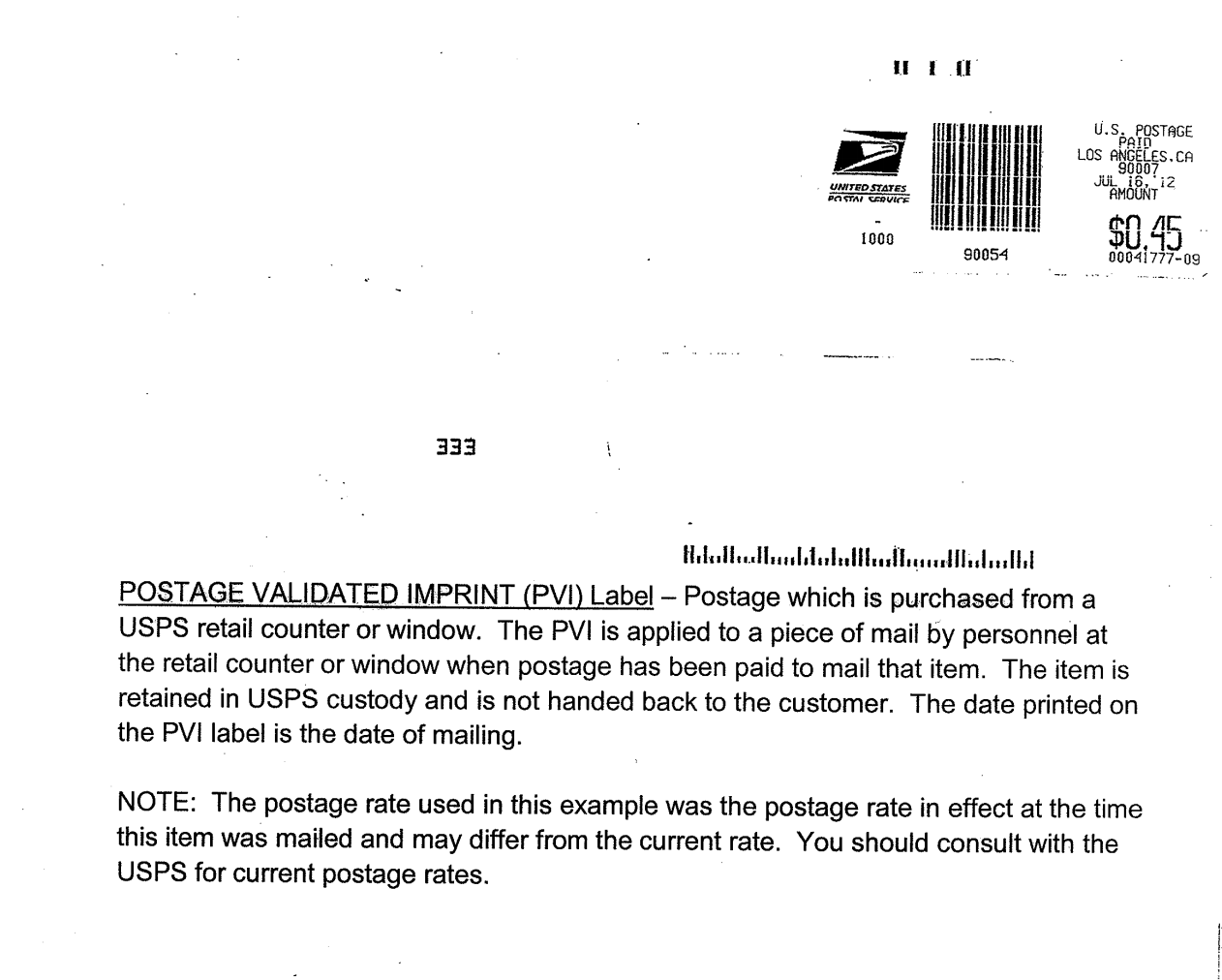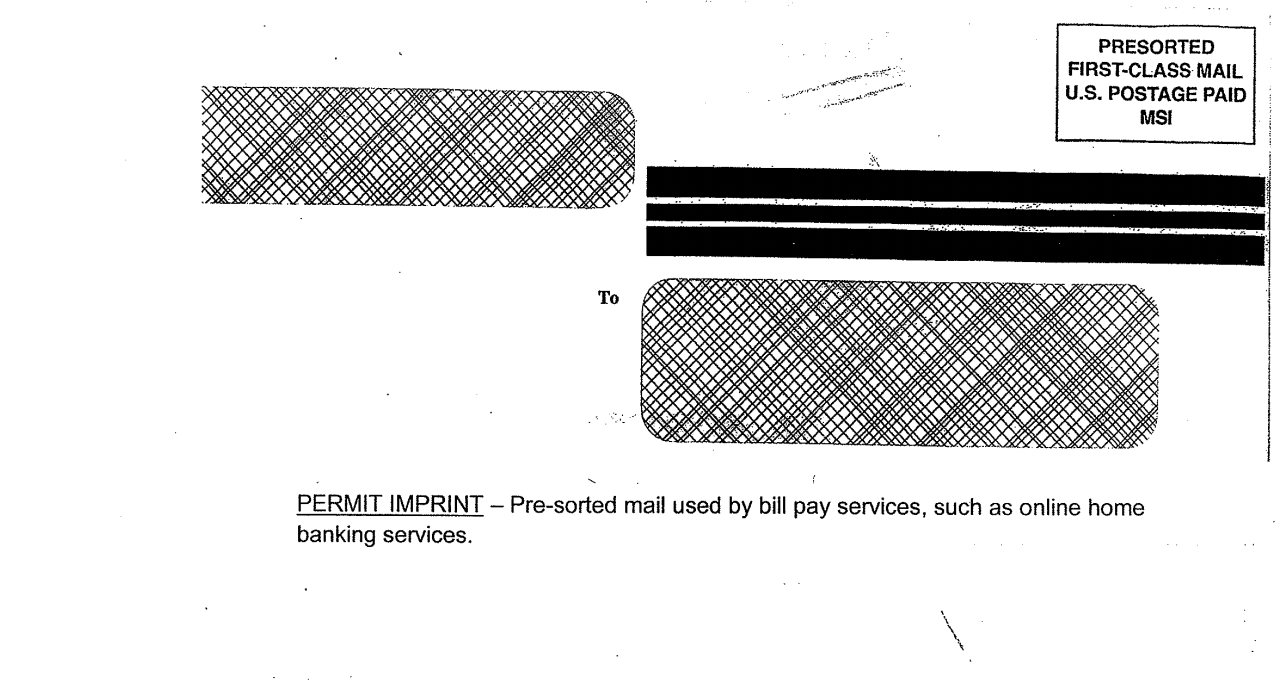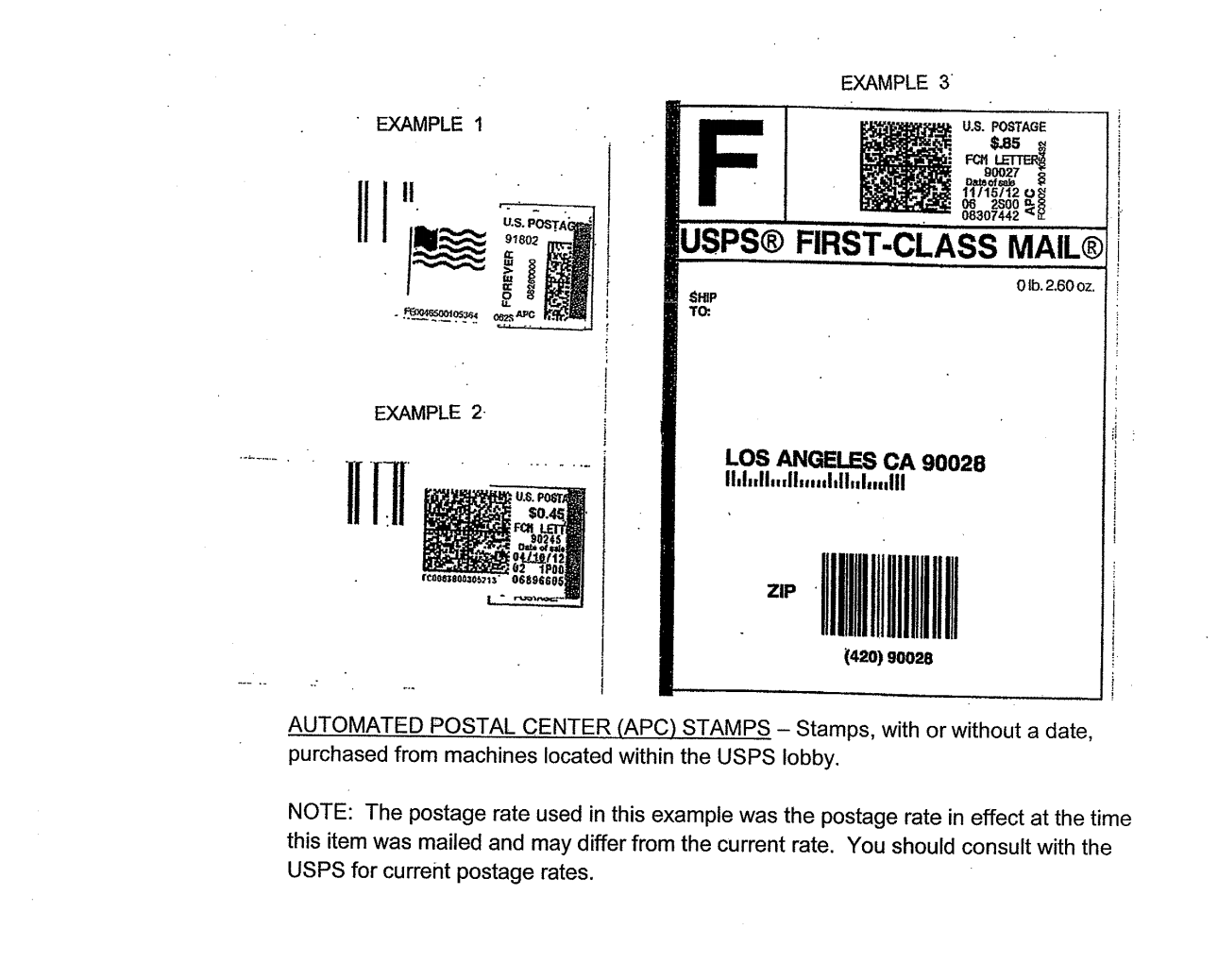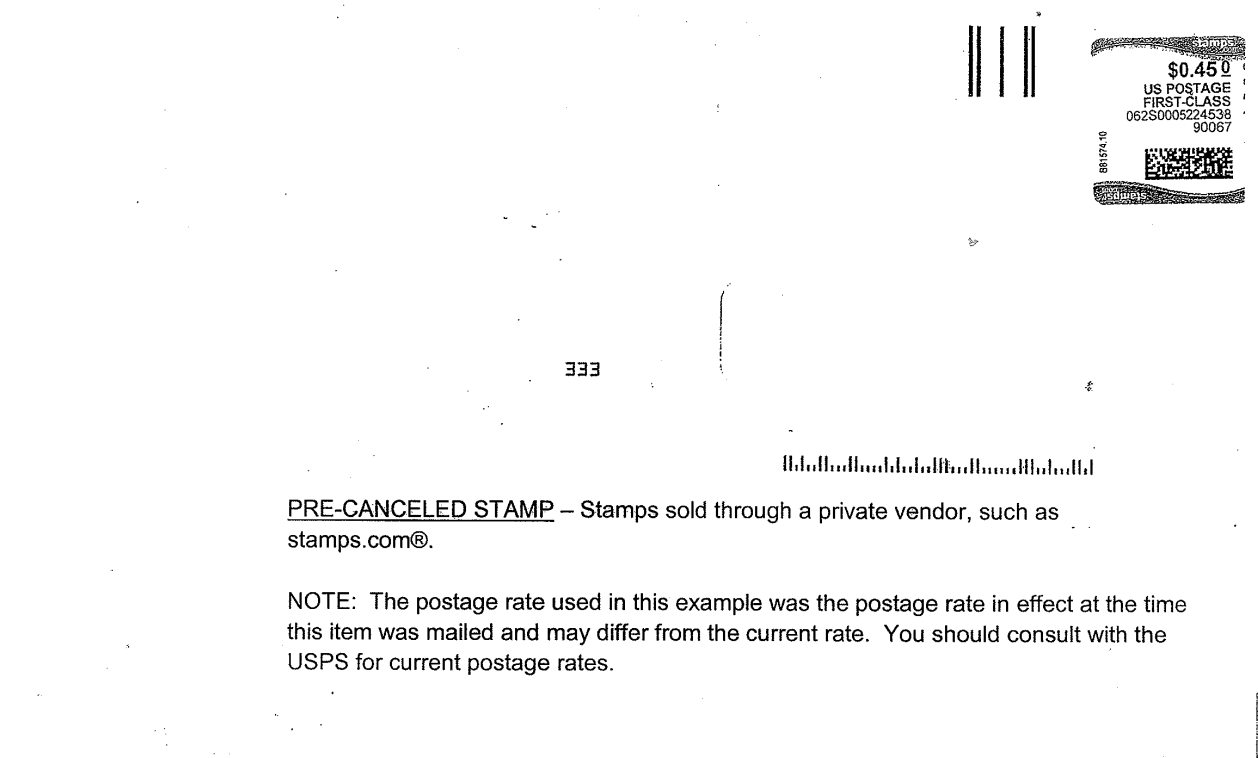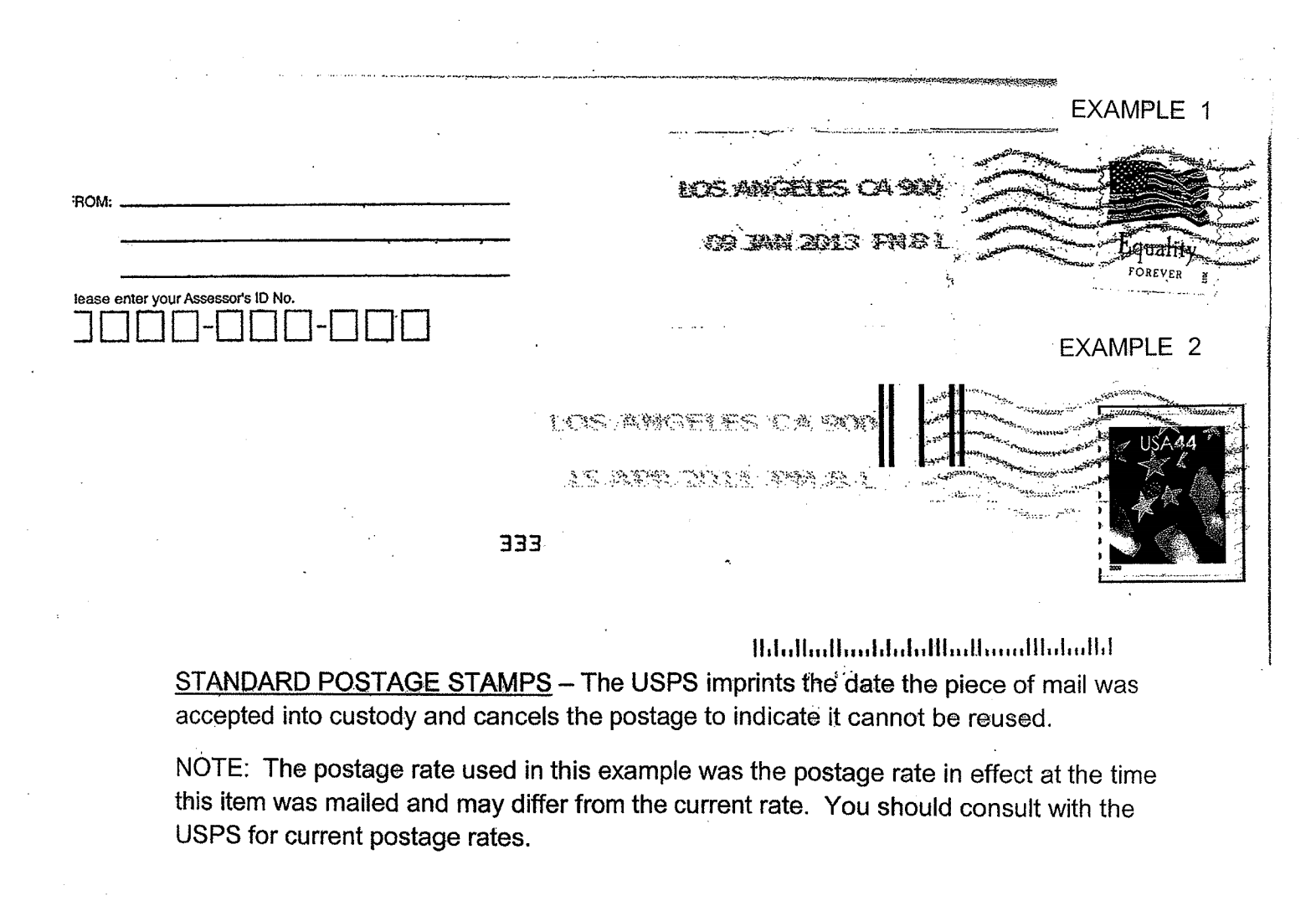PUBLIC ADMINISTRATOR
FREQUENTLY ASKED QUESTIONS
Probate is started when someone – the named executor, next–of–kin, or the Public Administrator – files a petition to open a Probate proceeding with the Court.
- The Court sets a hearing on the petition and determines who should be appointed to administer the decedent’s estate. The Court issues Letters of Administration which constitute legal authority for the appointed personal representative to take over all aspects of the decedent’s estate.
- The personal representative will arrange for the funeral, if not already arranged, and collect for safekeeping of the decedent’s assets, important documents and personal property. The personal representative also mails notices to family members, creditors and other interested parties, and a Court hearing may be conducted to resolve any questions or concerns about the assets and debts of the decedent’s estate.
- The personal representative evaluates claims against the decedent’s estate, pays taxes, and expenses, sells assets as needed, determines who is entitled to the remaining estate, if any, and concludes all matters affecting the estate. The personal representative prepares a final accounting of actions taken to settle the decedent’s estate, and files the final accounting with the Court.
- The Court will review and approve the final accounting. Once the accounting is approved, the personal representative is discharged and the Probate proceeding is concluded.
General timeframe for probating an estate:
Decedent passes away. Case is reported to the Public Administrator. An investigation is opened.
| Probating an estate | Projected timeframe |
| Public Administrator’s investigation complete: | 30 to 60 days |
| Court hearing on Petition for Probate: | 3 to 6 months |
| Estate’s administration: | 6 months to 3 years – depending on complexity |
| Accounting approved by the Court: | 3 to 6 months |
| Distribution after Court approves accounting: | 1 to 2 months |
The Public Administrator is a branch of the Department of the Treasurer and Tax Collector for Los Angeles County, responsible for investigating, managing, and administering certain cases of deceased Los Angeles County residents.
The Public Administrator has the legal authority to take protective custody of property of a decedent, and to investigate the decedent’s assets, obligations, and locate the decedent’s family. The Public Administrator may open probate for the decedent’s estate, or refer the estate to the appropriate person(s) for administration.
The Probate Court may appoint the Public Administrator under the following circumstances:
- When no executor, personal representative or administrator has been appointed and the decedent’s property is uncared for, or subject to loss, injury or waste;
- When ordered by the Court;
- When an heir nominates the Public Administrator, or the decedent’s Will names the Public Administrator as executor;
- When there are no known heirs of the decedent’s estate;
- When an heir who resides outside of the State of California requests the Public Administrator to administrate the decedent’s estate;
- When the named Executor fails to act and no other person has a preferred right.
The California Probate Code provides for statutory fees for executors, administrators and their attorneys. The Public Administrator and attorneys for the Public Administrator are each entitled to the same compensation, based on the value of the estate. Statutory fees for both the Public Administrator and the attorneys are one time fees, deducted prior to the estate’s distribution, after the conclusion of the administration, and calculated as follows:
4% on the first $100,000
3% on the next $100,000
2% on the next $800,000
1% on the next $9 million
0.5% on the next $15 million
Above $25 million, an amount determined by the Court
In addition to statutory fees, the Court upon request, may award extraordinary fees for extra work such as selling real and personal property, petitioning for determination of heirship, litigation to collect assets, and defending actions against the estate and other similar matters. All fees must be approved by the Court, in the final accounting.
There are two different Probate proceedings in California. Each proceeding is determined by the total value of the decedent’s estate.
- A regular Probate proceeding is supervised by the Court and generally applies to decedent estates with a value exceeding $184,500, at the time of death.
- Summary Probate proceedings are only conducted by the Public Administrator, with limited or no Court supervision, when the total value of the decedent’s estate does not exceed $184,500.
Yes. The purpose of the bond is to protect the beneficiaries or creditors of the estate from harm caused by the mismanagement or misconduct of the administrator.
Per California Probate Code Section 7621, every estate shall be charged an annual bond fee in the amount of twenty–five dollars ($25) plus one-fourth of one percent of the amount of an estate greater than ten thousand dollars ($10,000). The amount charged is an expense of the estate.
No. Hiring an attorney is not required. However, if your right to repayment of a debt or to inherit is not clear, or substantial claims impacting the value of the estate have been filed, you may consider retaining legal counsel to represent your interests. The fees for representation are a matter for private agreement between you and your attorney and are normally not paid from the estate.
Yes. The Public Administrator’s staff search through the decedent’s residence, car, mail, safe deposit boxes, and storage units, looking for all leads to the decedent’s assets. This includes contacting the decedent’s friends, family members, and associates. These leads are followed up in due course, and assets are collected. All assets are usually located before the close of the probate proceeding.
Yes. The Public Administrator, as Administrator of the estate, may make necessary funeral arrangements, either at the family’s request or in the absence of relatives or heirs.
Arrangements will be made commensurate with any pre-need (pre-arranged) plans of the decedent or the ability of the estate to pay. All deceased persons will be afforded a dignified burial when possible.
If you paid the debts/expenses of the decedent or incurred charges directly connected with the decedent’s death, including funeral expenses, immediately notify the personal representative. You may be a creditor of the estate. Creditors must file a Creditor’s Claim with documents supporting the claim within four (4) months after the appointment of the estate’s Personal representative or administrator. Creditor’s Claim forms may be obtained here http://www.courts.ca.gov/forms.htm?filter=DE.
Creditor’s claims are paid when sufficient estate funds are available. If a funeral director or mortuary is contacting family members or heirs for payment, they should be referred to the Personal representative. The estate may reimburse reasonable funeral expenses.
When an estate has insufficient funds to satisfy the decedent’s debts, claims are paid on a priority basis with debts owed to the U.S. or the State having first preference. Thereafter, claims are paid on a prorated basis. For details relating to priority of debt payment, see Probate Code section 11420.
Yes. The Public Administrator maintains all estate funds in an interest earning trust fund, managed by the County Treasurer.
Federal estate taxes, both the rate and the exclusions, are determined by the year the decedent died. There are no inheritance taxes in California.
The Personal representative files the tax returns for a decedent’s estate. When the Public Administrator is the Administrator of an estate, the Public Administrator will file the estate’s tax returns.
Yes. After the final accounting is complete. A final accounting will be filed with the Court prior to the distribution of the estate. If you call the Public Administrator prior to the filing of the final accounting, the Public Administrator can only provide an estimated value of the estate or an heir’s share of the estate.
Yes. If you are an heir, beneficiary, legatee, executor, or interested party, you may contact the Public Administrator’s staff at 213.974.0404, Monday – Friday, 8:00a.m. – 5:00p.m., Pacific Time, (Excluding Los Angeles County Holidays).
Certified copies of the death certificate may be obtained by contacting the County of Los Angeles Registrar-Recorder/County Clerk by phone at 800.201.8999 or by visiting their website at https://www.lavote.net/home/records. The website accepts online requests, and provides addresses of local offices and office hours.
The timeline for estate administration varies greatly depending on the complexity of the estate as well as the availability of the Courts. An estate’s administration takes at least 12 – 24 months or longer to complete.
Estate property is sold to satisfy estate debts and costs of administration. Personal and real property sales are governed by the Probate Code. Probate assets are appraised by a Court–appointed appraiser. Personal property is sold at auction by open bid to the highest bidder. Securities are sold without notice. Real property is sold at auction or by private sale after notice of sale and subject to confirmation by the Court.
The Public Administrator communicates with known heirs to determine the desired disposition of property, when there are sufficient proceeds to pay debts and costs. Some personal property items may be distributed directly to heirs. The value of the item is deducted from the receiving heir’s share. Heirs may also attend auctions and purchase any items from the estate.
Real property (homes, condominiums, vacant land, commercial property, oil & mineral rights) may also be sold to satisfy estate debts and costs of administration. In the event the estate has sufficient cash to satisfy estate debts and costs and an heir desires to retain the real property, the heir should speak directly with the Public Administrator’s staff to formalize an agreement.
No. Employees of the Department of the Treasurer and Tax Collector and members of their immediate family shall not participate in the auctions conducted by the Public Administrator.
Public online auctions are generally held each month, approximately 12 times a calendar year. Individuals who wish to obtain auction dates, subscribe to the auctioneer’s email list, preview information regarding upcoming personal property auctions, or obtain the terms and conditions, may go to the auctioneer’s website at www.cwsmarketing.com and click on the County of Los Angeles seal. The auctioneer can be reached by telephone at 571.364.7331. You may also call the Public Administrator’s warehouse at 626.336.2364, from 7:00 a.m. to 3:30 p.m., Pacific Time, Monday through Friday, for auction dates and other information. The warehouse is not open to the public outside of the preview dates for the auction. Viewing of property for sale is only allowed by appointment on preview days.
Auctions are held only online and can be found on the auction website at www.cwsmarketing.com
Preview days are held at the Public Administrator’s warehouse located at:
16610 Chestnut Street
City of Industry, CA 91748
626.336.2364
Items are sold “as is, where is”. Payment for items purchased must be received and items must be removed from the warehouse premises pursuant to the terms of the auctioneer, normally within 3 business days after the close of the auction. Successful bidders will need to make an appointment for the pick up and removal of their items. Shipping is also available at buyer’s expense.
Interested bidders are required to deposit $100 to bid online. The balance of the deposit less any purchases will be returned to the bidder after the auction. A 15% buyer’s premium and sales tax are charged by the auctioneer on all purchases.
For additional information regarding personal property auctions, please visit the auctioneer’s FAQ page on their website at www.cwsmarketing.com.
Employees of the Department of the Treasurer and Tax Collector and members of their immediate family shall not participate in the auctions conducted by the Public Administrator.
The Public Administrator auctions approximately 125 parcels of improved and unimproved real properties each year. Public online auctions are generally held every month, approximately 12 times per year, depending on the inventory of real property available for sale. For auction dates, subscribing to the auctioneer’s email list, previewing properties in upcoming auctions, information on Court hearings for auctioned properties, or obtaining the terms and conditions of auction sales, contact Richard “Rhett” Winchell at 818-371-0000, from 8:00 a.m. to 5:00 p.m. Monday – Friday, by email at bidnda@nda-re.com, or through the NDA website at https://bidNDA.com
Auctions are held online. Information is available at the website, https://bidNDA.com.
All offers must be submitted on the Seller’s Offer to Purchase Contract with proof of funds prior to the deadline. The Administrator (or Conservator) reserves the right to accept, counter or reject all offers. However, the accepted offer will have 48 hours to sign all disclosures and provide NDA with the required 10% deposit. In the event the accepted offer fails to return the documents and the deposit, the Administrator (or Conservator) has the unilateral right to offer and sell the property to any other party. All properties are sold “as is, where is”, by the Public Administrator’s auctioneer.
Please note all auction sales are subject to a Court confirmation hearing 45 – 60 days after auction before escrow can commence. Court confirmation hearings are held at the Los Angeles Superior Court, Probate Division, located at:
111 N. Hill Street
Los Angeles, CA 90012
Monday – Friday
8:00a.m. – 5:00p.m.
Pacific Time
(Excluding Los Angeles County Holidays)
At Court confirmation hearings, the judge will usually reopen the auction process by asking for overbids from those attending the hearing. It is possible that the successful bidder at the auction is overbid by someone else, and the property is sold to the overbidder. Before bidding at auction, or overbidding at the Court confirmation hearing, one should carefully read all terms and conditions listed in the auction brochure, which can be obtained from NDA’s website at https://bidNDA.com.
For additional information regarding real property auctions, please visit the auctioneer’s website https://bidNDA.com.
Employees of the Department of the Treasurer and Tax Collector and members of their immediate family shall not participate in the auctions conducted by the Public Administrator.
Estate distribution will occur upon completion and approval of the final accounting. The Public Administrator maintains all estate funds in insured interest bearing accounts until needed to pay claims and other expenses of the estate. All assets are safeguarded in the Public Administrator’s secure warehouse and/or vault until sold or distributed.
Upon request, a final accounting, detailing all receipts and disbursements is available.



